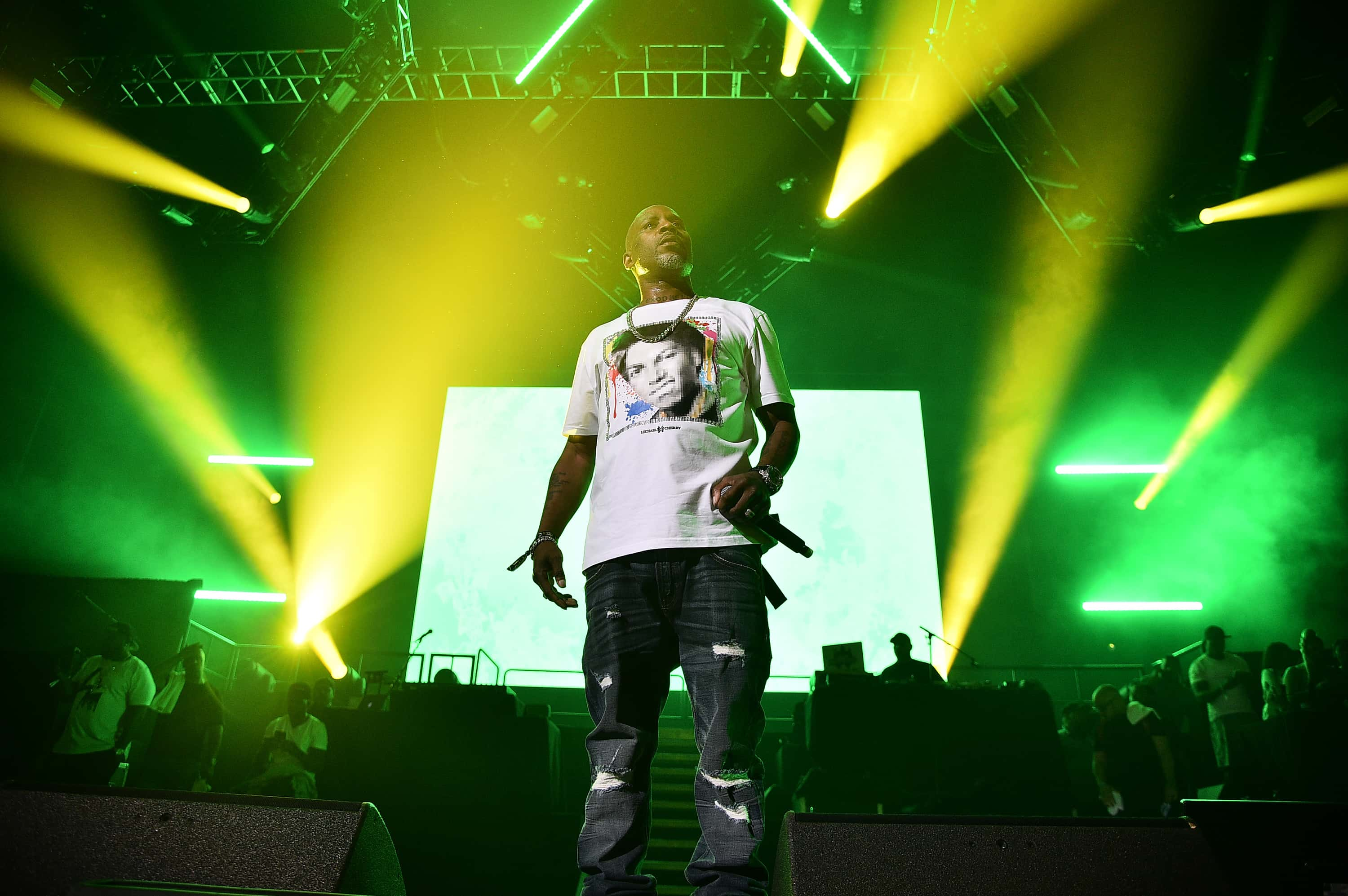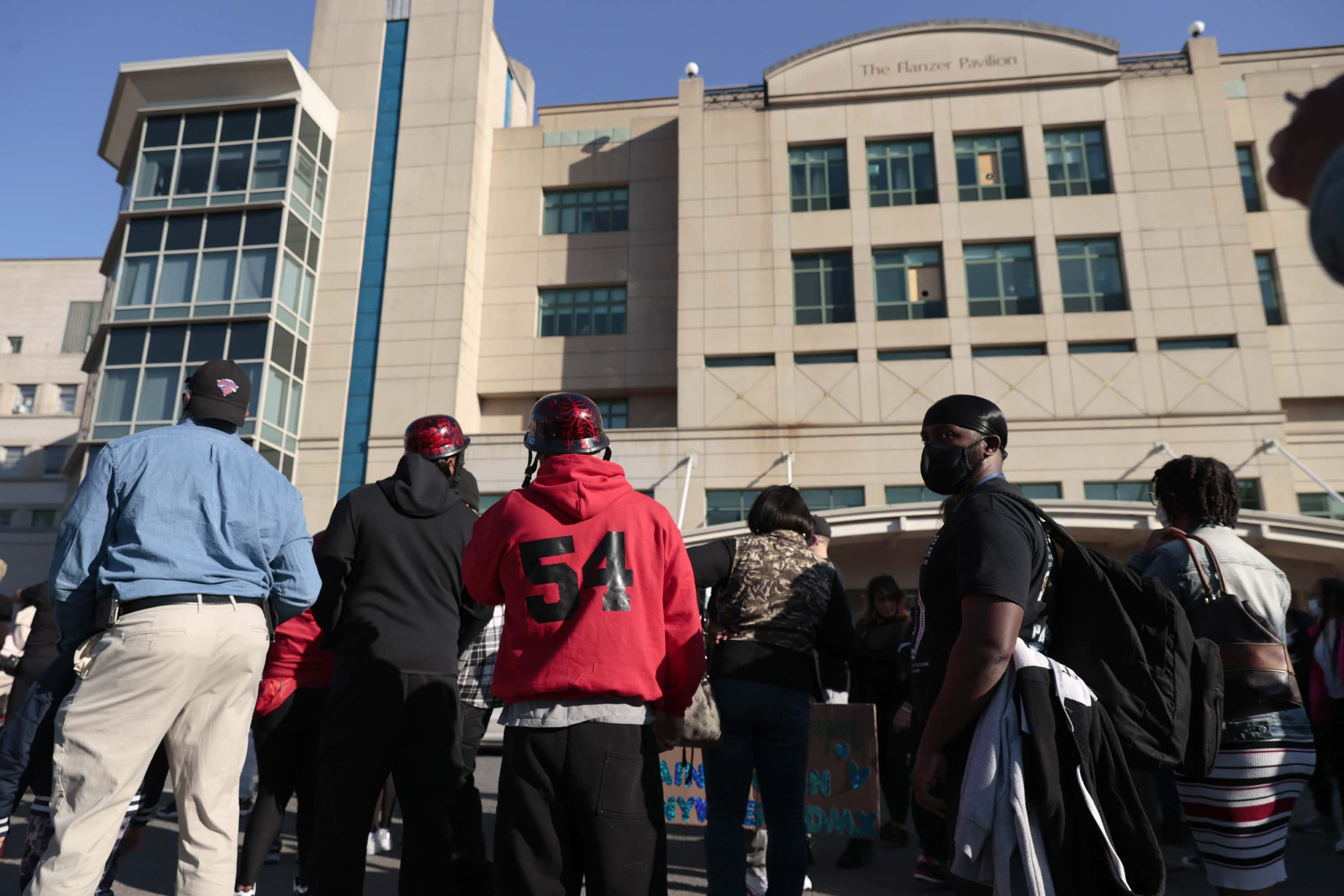DMX's childhood trauma: Hip-hop legend said abusive parents never understood how to love him

DMX, who died on April 9 at White Plains Hospital following a heart attack, had the most difficult life growing up. The hip-hop legend has previously alleged that his parents didn't know how to love him when he was born.
DMX sat down with GQ in 2019 and recounted the abuse he reportedly endured at the hands of his mother when he was just six years old. “[My mother] beat two teeth out of my f**king mouth with a broom,” he told the magazine, before recalling how his former mentor had tricked him into smoking marijuana laced with crack cocaine during his early teens.
RELATED ARTICLES
Before the fame and glory that came with his booming baritone and wizardly wordplay on a number of hits, the multiplatinum-selling artist was simply a troubled child named Earl Simmons. “Earl is a person who still holds onto a lot of things he suffered in the past, as a child,” Nakia Walker, his former manager, told Houston Press in 2011. “He holds onto things, instead of talking about things and releasing. He expresses himself through his music.”
The 50-year-old rap legend was in a "vegetative state" for more than a week as loved ones held vigil at the hospital.

Earl Simmons was born on December 18, 1970, in Mount Vernon, New York, to parents Joe Barker and Arnett Simmons. However, he felt unloved right from the start. “[My father] never called me on my birthday or helped raise me at all,” Simmons wrote in his 2002 autobiography, 'E.A.R.L.' According to him, Barker, a painter, only came around when he had to sell paintings in New York City. Meanwhile, he felt his mother — who was pregnant with him at just 19 — didn't know how to love him.
“Children don’t come with a f**king instruction manual,” DMX told GQ. “Four sisters; I’m the only boy. Maybe she didn’t know what to do with me.”
Fraught with physical and emotional abuse, their relationship became even more strained after a judge ruled that his mother was "incapable" of taking care of him.
DMX had been expelled from school by the age of 10, after repeated complaints of fighting and throwing chairs at teachers, as well as being arrested twice for arson and assault. Prison time would become a regular occurrence in his roller-coaster life.
DMX was eventually ordered to spend 18 months at rehabilitative custody of the Julia Dyckman Andrus Memorial children’s home in Yonkers. However, he was soon kicked out after he allegedly started a fire with his roommate, an incident well documented in the 2011 music and faith fusion tome 'Hip-Hop Redemption: Finding God in the Rhythm and the Rhyme.'
After returning home, DMX would often run away from home to escape his mother's abuse and her relationships with a series of unsympathetic boyfriends. According to the New York Post, he would sleep in Salvation Army clothing bins and had stray dogs for friends. He and his mother are said to have made amends after their problematic past.

That said, opening up about his childhood traumas in public helped the megastar cope with the anguish of his childhood. “Letting some of this stuff out [has helped],” he told fellow musician Talib Kweli on the “People’s Party” podcast in November 2020. “I really didn’t have anyone to talk to about it because [growing up] in the hood, nobody wants to hear that.”
“Nobody even wants to help with talking,” he added, noting how talking about one's feelings is viewed as weak in his community. “But talking is actually one of the bravest things you can do. One of the bravest things you can do is … let it out.”










